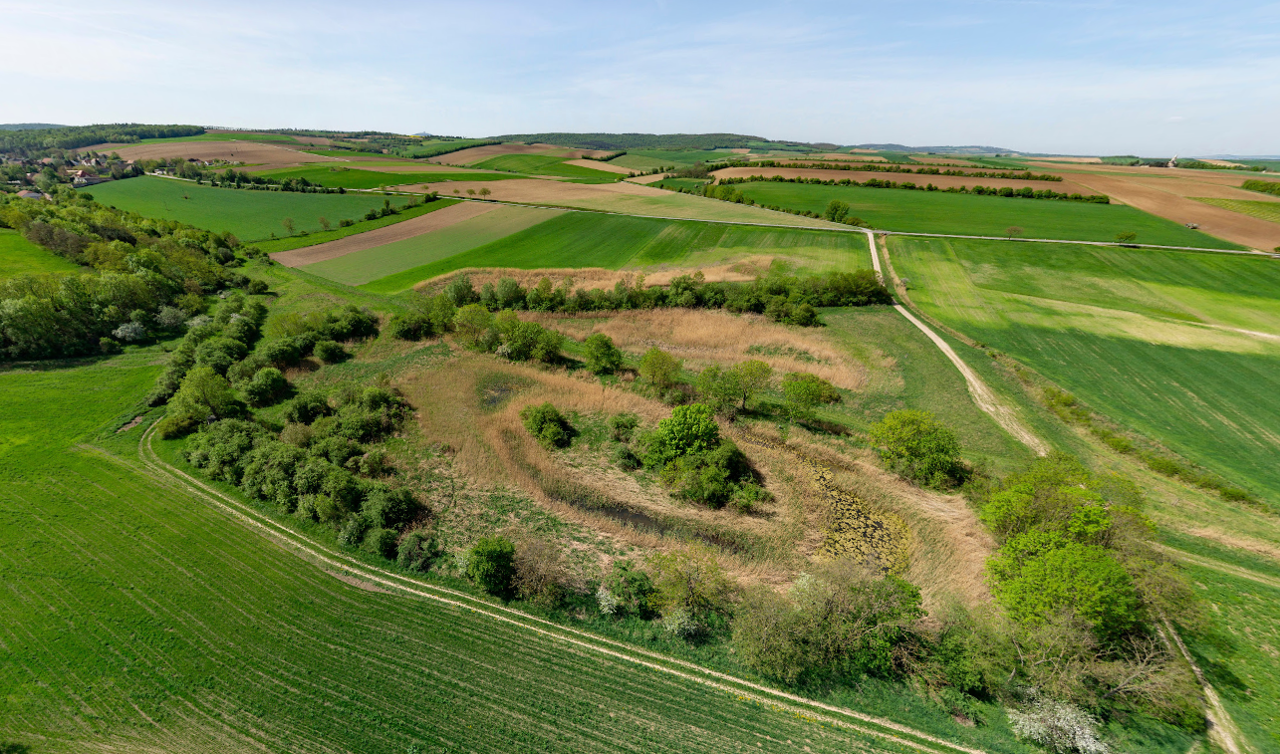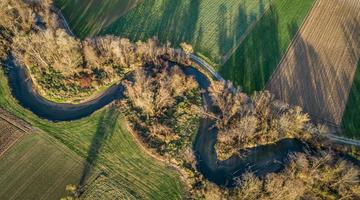Synergies between water retention and ecology: Insights into a workshop in the Austrian Replicating Region
On November 15, 2024, the Nature Conservation Association of Lower Austria hosted a workshop in the city of Hollabrunn titled “Watercourses in the Weinviertel Region – Lifelines in Distress?”. Marion Wallner from BOKU University complemented the event with a presentation on nature-based water retention strategies in our cultural landscapes.
Watercourses are important lifelines of the Weinviertel region, which is one of the driest and warmest regions in Austria. Especially small watercourses serve as habitats for diverse plants and animals and help to mitigate the impacts of heavy rainfalls. However, extensive regulation of these watercourses, intensive maintenance of riparian zones and sediment input from surrounding agricultural land, have deteriorated their ecological status and ability to retain water.
Against this background, the workshop focused on how water bodies can be adapted and protected to sustain their ecosystem services. Marion Wallner’s presentation, informed by the LAND4CLIMATE agenda, highlighted the importance of nature-based water retention strategies applied throughout the watershed. Practical examples of measures along watercourses (see title image), around watercourses (e.g. restoration of wetlands), and within agricultural landscapes (e.g. conservation tillage) illustrated the potential for synergy between river ecology and water retention.
Participants engaged in small group discussions, exchanging ideas and exploring solutions to improve water management in the region.
Many thanks for the cooperation and organisation go to the Nature Conservation Association of Lower Austria, the “KLAR! Göllersbach” and the LEADER project “Exploring, understanding, promoting and experiencing nature in the central Weinviertel”.
This article was written by LAND4CLIMATE consortium partner BOKU.
Publishing date:



